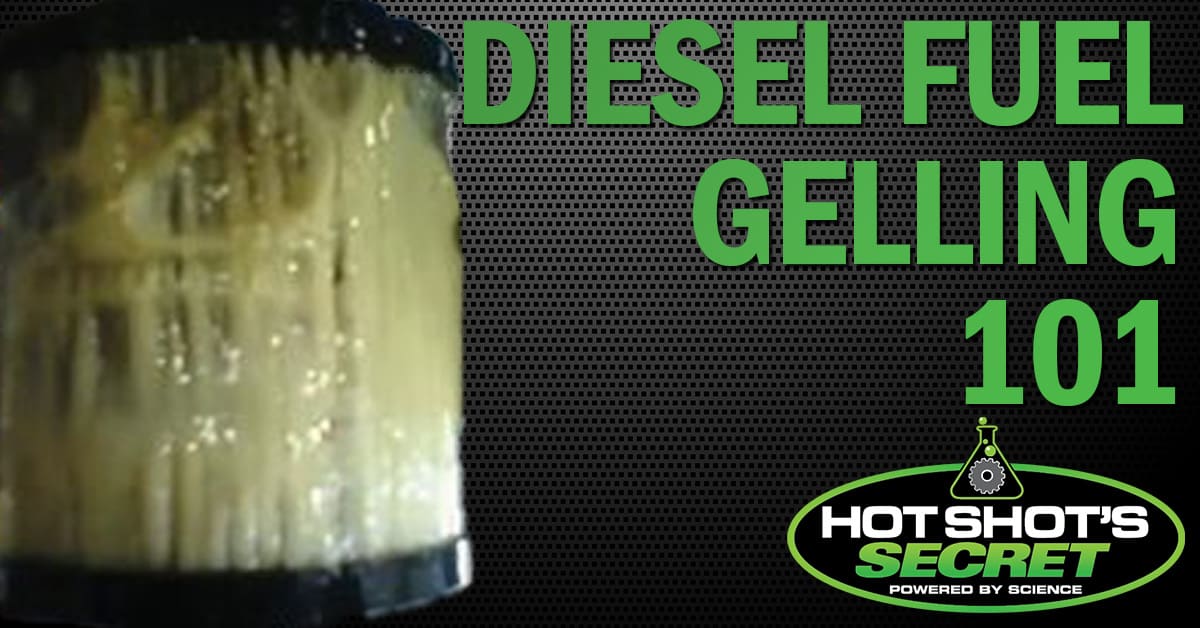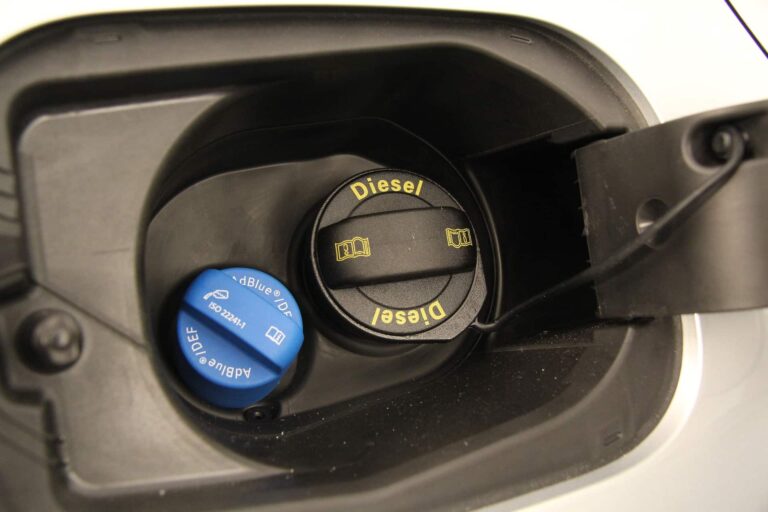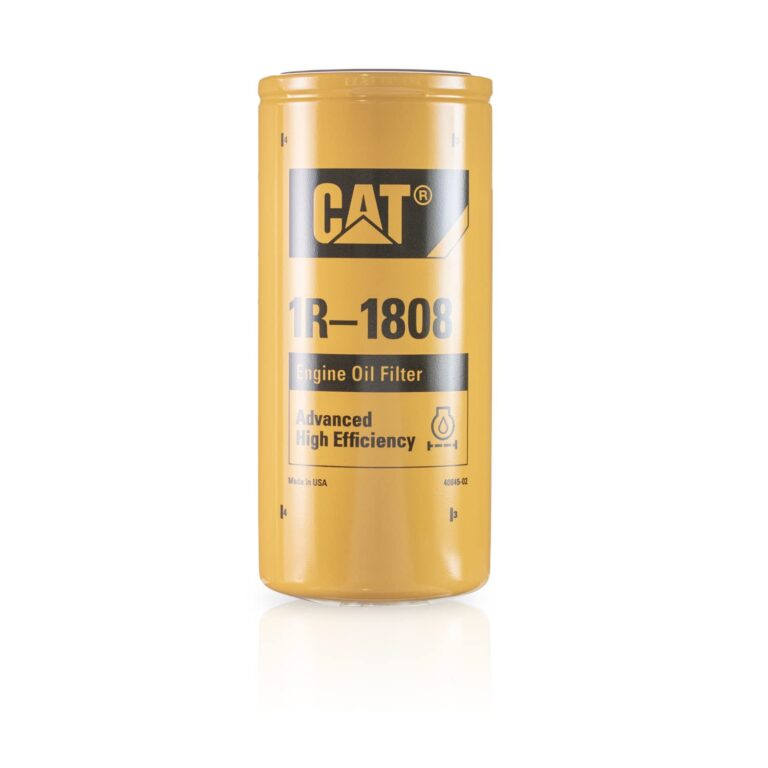
When diesel gels, it forms wax particles that freeze and prevent fuel flow through the engine and fuel lines, rendering diesel engines inoperable and potentially causing damage if not addressed. This gelling can occur in extremely cold weather and can lead to issues such as clogged fuel lines and filters, white smoke from the exhaust, engine stalling, or a significant drop in fuel rail pressure.
If diesel fuel gels, it is crucial to take immediate action to prevent further damage and to thaw the fuel using emergency additives or by allowing the engine to return to normal operating temperature. Taking preventive measures to avoid diesel gelling is also essential to maintain the performance and longevity of diesel engines.
Navigate As You Want:
Understanding Diesel Gelling
Diesel gelling occurs when the paraffin present in diesel fuel crystallizes in cold temperatures. The primary cause is exposure to low temperatures, which causes the waxes in diesel to solidify and form a gel-like substance. When diesel fuel gels, it restricts fuel flow to the engine or causes clogging in fuel lines and filters. This can result in engine stalling, rough idling, and difficulty starting the vehicle. To prevent diesel gelling, additives can be used to lower the diesel’s gel point temperature and keep the fuel flowing smoothly during cold weather. It’s essential to address this issue to maintain the performance and reliability of diesel-powered vehicles, especially in winter conditions.

Credit: www.hotshotsecret.com
Prevention And Solutions
| Prevention and Solutions |
| How to Prevent Diesel Fuel Gelling |
When diesel fuel gels, it can cause various issues with fuel flow and engine performance. Diesel fuel gelling occurs when the wax particles in the fuel freeze, preventing it from flowing properly through the fuel lines and engine. This can lead to engine failure and damage if not addressed promptly.
To prevent diesel fuel gelling, there are several measures you can take:
- Using winterized diesel fuel that is specifically formulated to withstand colder temperatures.
- Adding a diesel fuel anti-gel additive to the fuel tank to prevent wax crystallization.
- Parking your vehicle in a heated garage or using engine block heaters to keep the engine warm.
- Insulating fuel lines and fuel filters to minimize heat loss.
- Regularly draining and replacing fuel filters to prevent clogs.
However, if you find yourself with gelled diesel fuel in an emergency situation, there are a few solutions you can try:
- Using emergency fuel additives designed to thaw gelled fuel.
- Applying heat to the fuel tank or fuel lines to melt the wax.
- Calling for roadside assistance or a tow truck if necessary.
By taking preventative measures and knowing how to handle gelled fuel emergencies, you can avoid the inconvenience and potential damage caused by diesel fuel gelling.
Managing Gelled Diesel
When diesel fuel gels in cold weather, it can have a significant impact on the engine’s performance. Gelling occurs when the wax particles in the diesel fuel crystallize, causing the fuel to literally freeze. This can result in the fuel lines and engine becoming clogged, preventing fuel flow and making it impossible for the diesel engine to run. Symptoms of gelled diesel fuel include white smoke from the exhaust when trying to accelerate, engine stalling, and a dramatic change in fuel rail pressure. Driving with gelled diesel can cause further damage to the engine and fuel system. Thawing gelled diesel fuel is possible if the engine’s temperature returns to normal, but this might not be an option if you are on the road or lack a heated space to store your vehicle. Emergency fuel additives can be used to thaw gelled fuel inside the fuel tank. To prevent gelled diesel, it is essential to use winter-specific diesel fuel additives that prevent wax crystallization in cold temperatures.

Credit: www.hotshotsecret.com
Signs Of Diesel Fuel Gelling
Signs of Diesel Fuel Gelling may include engine stalling, difficulty starting, and rough idling. Reduced power output and fuel filter clogging are also common indications.
Recognizing Gelling Symptoms is crucial to addressing the issue promptly. Pay attention to changes in engine performance, especially in colder temperatures, and keep an eye out for unusual fuel system behavior.
Consequences of Ignoring Gelled Fuel can lead to engine damage, vehicle breakdowns, and expensive repairs. Ignoring these symptoms can result in a significant impact on the overall performance and efficiency of your diesel engine.
Expert Advice And Maintenance
When diesel gels, wax particles in the fuel freeze, leading to engine stalling due to clogged fuel lines. Prevent diesel gelling with expert advice on using fuel additives and maintaining proper engine temperature. Emergency additives can help thaw gelled diesel in dire situations.
| Expert Recommendations for Gelled Diesel: | Proper Maintenance Tips: |
| Use emergency fuel additives to thaw gelled fuel. | Regularly check fuel quality and use winterized diesel. |
| Ensure the engine’s temperature returns to normal for thawing. | Install fuel heaters in vehicles for cold weather. |
| Prevent fuel gelling by parking in warmer areas during winter. | Always keep fuel tanks at least half full in cold conditions. |

Credit: www.hotshotsecret.com
Frequently Asked Questions Of What Happens When Diesel Gels
How Do You Fix A Gelled Diesel?
To fix gelled diesel, use emergency fuel additives to thaw fuel inside the tank. Return the engine to normal temperature for thawing, and prevent gelling by using winterized diesel. Regularly maintain the engine and change fuel filters to prevent gelling.
Will Gelled Diesel Thaw?
Gelled diesel fuel can thaw if the engine’s temperature returns to normal. However, on-road breakdowns or lack of heated storage space may make thawing difficult. Emergency fuel additives can help thaw gelled fuel inside the tank.
What Happens If You Drive With Gelled Diesel?
Gelled diesel fuel can prevent fuel flow to the engine or clog fuel lines, making it impossible for diesel engines to run. Thawing the engine may be possible if the temperature returns to normal, but emergency fuel additives may be needed.
It can also cause white smoke, engine failure, or damage to fuel lines and the engine. Preventive measures are recommended.
Will Gelled Diesel Cause Smoke?
Yes, gelled diesel can cause smoke due to blockage of fuel flow in the engine, leading to white exhaust smoke.
Conclusion
In cold temperatures, diesel fuel can gel, leading to engine issues and potentially causing damage. To avoid this, use cold-weather additives and keep fuel tanks full during cold spells. Regular maintenance and attention to weather forecasts can prevent costly and inconvenient gelling issues.
Stay proactive to keep your diesel engines running smoothly year-round.





